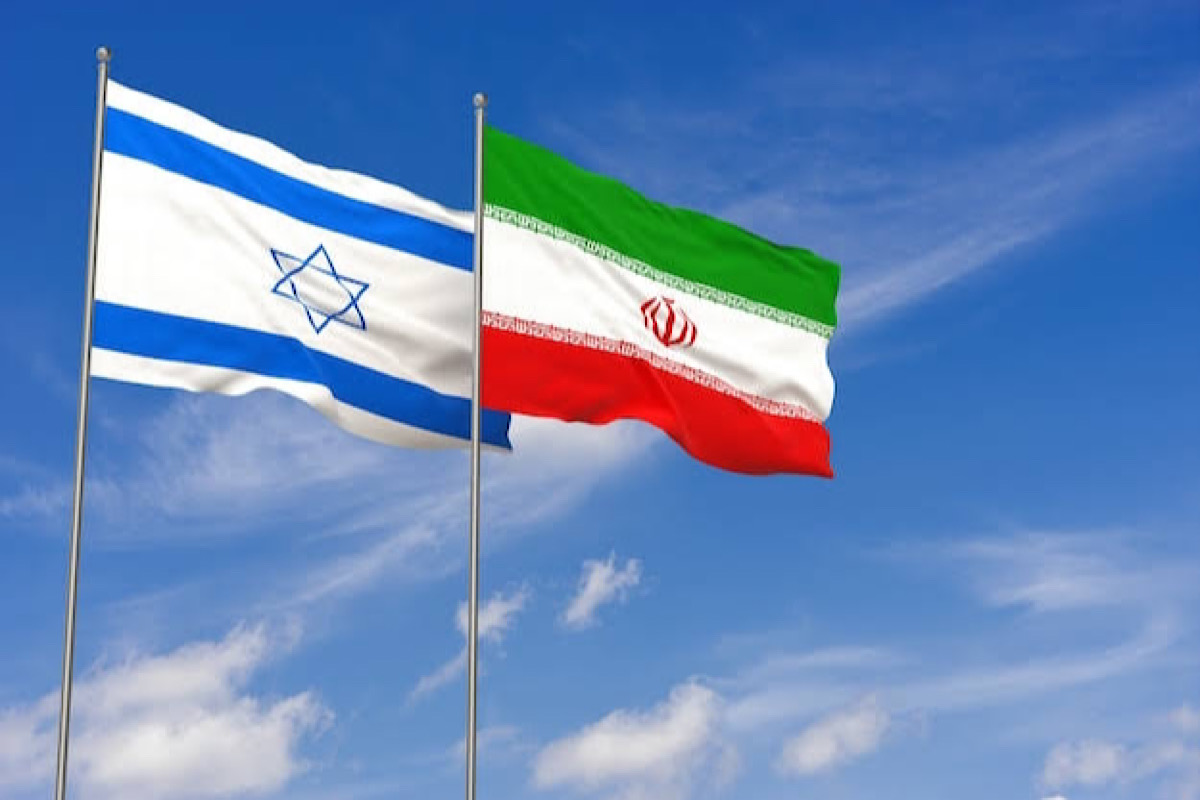The escalation of tensions between Israel and Iran in West Asia has once again brought the region to the brink of conflict. The exchange of hostilities, marked by Iran’s large-scale but ultimately futile drone and missile attack on Israel, underscores the precarious balance of power in the region and the complex web of alliances and interests at play. In the aftermath of Iran’s attack, which saw Israel successfully intercepting the majority of incoming projectiles with a remarkable 99 per cent accuracy rate, the situation remains tense and uncertain.
While the immediate desire of most parties is to avoid an all-out regional war, the possibility of further escalation looms large. For Israel, the challenge lies in balancing the imperative to defend itself against external threats with the need to avoid actions that could trigger a wider conflict. The temptation to retaliate against Iran’s aggression may be strong, but the risks of such a move are substantial. A full-blown conflict with Iran could have devastating consequences not only for Israel but for the entire region, with the potential to draw in other actors and destabilise already fragile states.
Advertisement
At the same time, Iran’s motivations and calculations must be carefully considered. The timing and scale of Iran’s attack suggest a calculated effort to assert its military capabilities and influence in the region. Yet Iran also risks overplaying its hand, inviting a response that could undermine its strategic objectives and further isolate it on the world stage. In navigating this delicate geopolitical landscape, the role of external actors, particularly the United States, is crucial.
President Joe Biden’s call for restraint reflects America’s desire to prevent a dangerous escalation that could entangle US forces in yet another conflict in West Asia. By urging Israel to “take the win” and exercise restraint in its response to Iran’s attack, the Biden administration is signalling its commitment to de-escalation and stability in the region. However, the path to resolution remains fraught with challenges. The complex web of regional rivalries, historical grievances, and competing interests makes finding a lasting solution to the Israel-Iran conflict a daunting task. Yet the stakes could not be higher, and the consequences of failure are too grave to ignore.
Furthermore, as regional and international stakeholders grapple with the aftermath of this latest escalation, there is a pressing need for renewed efforts to address the underlying grievances and conflicts that fuel tensions in West Asia. Sustainable peace and stability can only be achieved through meaningful dialogue, confidence-building measures, and a commitment to address the legitimate concerns and aspirations of all parties involved. In the face of uncertainty and volatility, the imperative for diplomacy and conflict resolution has never been more urgent. The road ahead may be long and uncertain, but the need for concerted international efforts to address the root causes of conflict and promote peace and stability in the region has never been more urgent.











